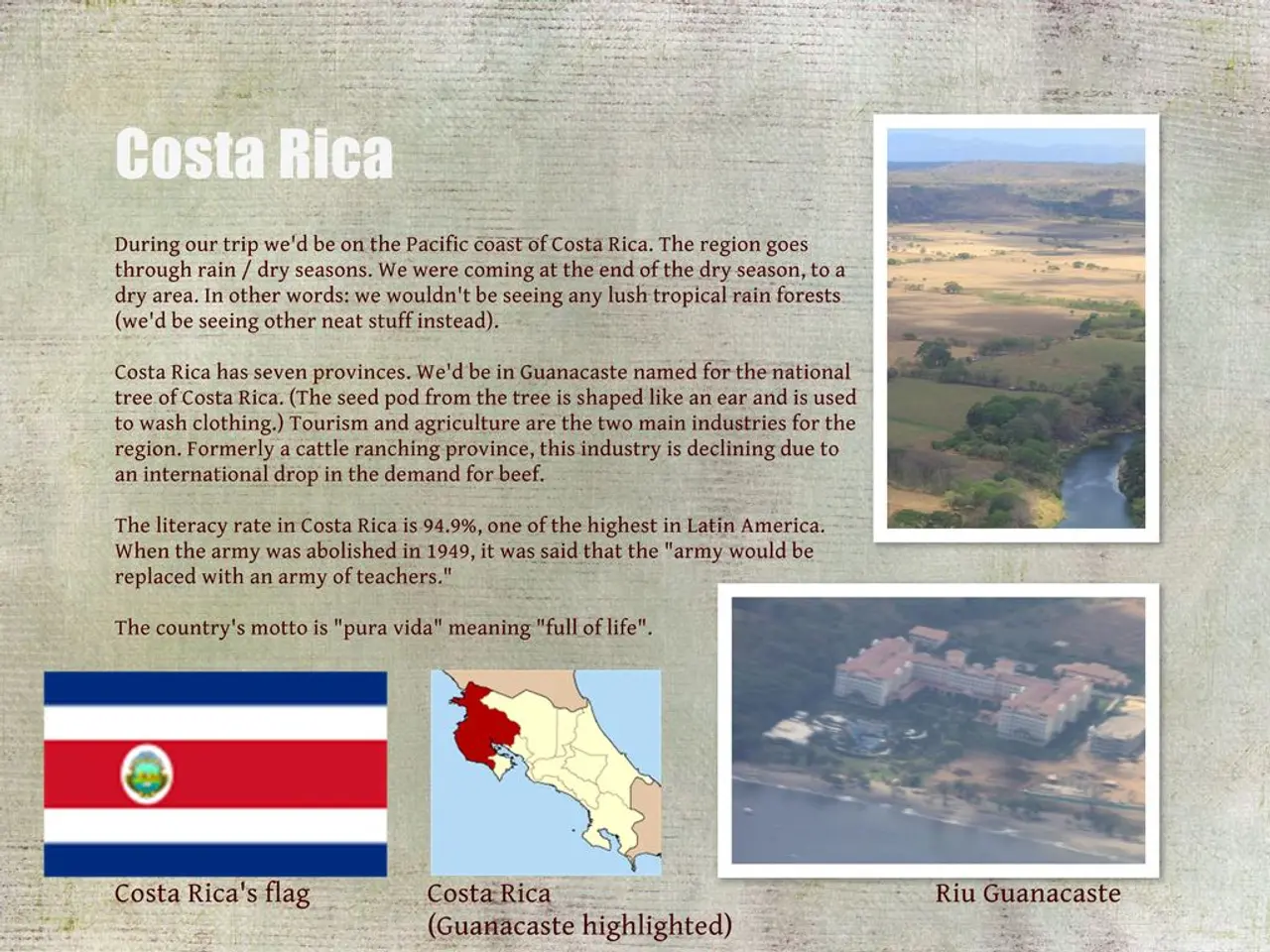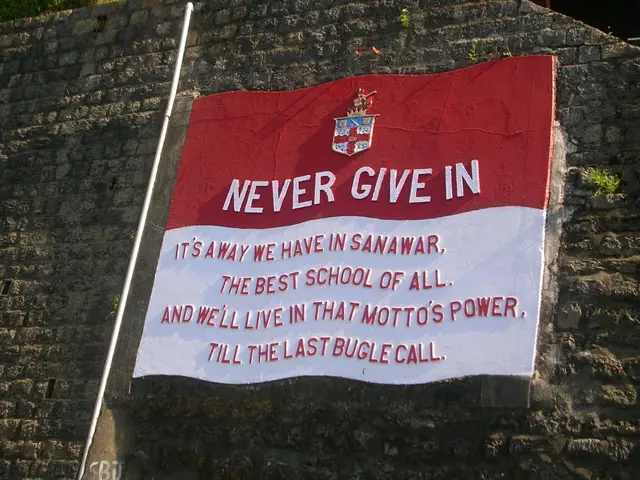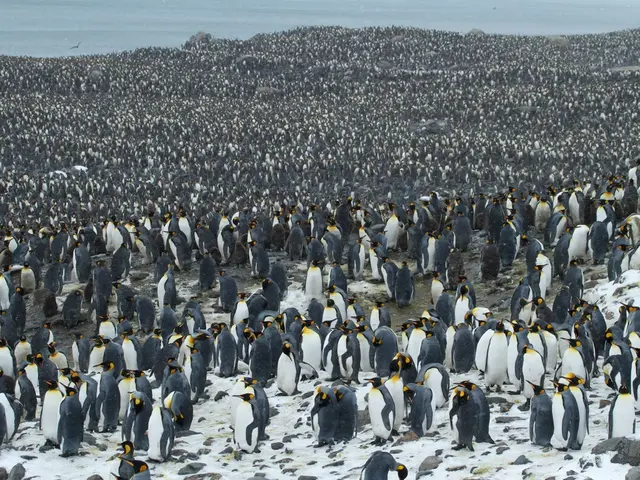Significant action taken at COP16 grants Indigenous communities and local populations a permanent seat in biodiversity policy development
The Convention on Biological Diversity (CBD) has taken a significant step forward in recognising the crucial role of Indigenous Peoples and local communities in biodiversity conservation. The approval of the Permanent Subsidiary Body on Article 8(j) (SB8j) at COP16 marks a formal institutional commitment to enhancing their voices in global biodiversity governance.
Adamu Adija of the International Indigenous Forum on Biodiversity (IIFB) expressed his excitement about the recognition of the rights of Indigenous Peoples and local communities. Lakpa Nuri Sherpa, Co-chair of the IIFB, declared COP16 a "People's COP," heeding the voices of those on the frontlines who nurture and protect the planet's biodiverse regions.
The SB8j plays a pivotal role in advancing the participation of Indigenous Peoples and local communities in biodiversity conservation and in the protection and promotion of traditional knowledge. Article 8(j) of the CBD specifically addresses the respect, preservation, and maintenance of knowledge, innovations, and practices of these communities relevant for the conservation and sustainable use of biological diversity.
The SB8j serves as a dedicated body to facilitate dialogue and cooperation between these communities, States, and international bodies on matters concerning traditional knowledge and biodiversity. It aims to ensure effective participation and representation of these communities in decision-making processes relating to biodiversity governance.
Moreover, the SB8j will develop and recommend policies and guidelines for the protection and equitable sharing of benefits arising from the use of traditional knowledge. It will also promote capacity-building and strengthen institutional frameworks that empower these communities in conservation efforts and traditional knowledge safeguarding.
The creation of this permanent body reflects global recognition of the indispensable role Indigenous Peoples and local communities play as stewards of biodiversity. Their worldviews, cultural practices, and knowledge systems are increasingly seen as pivotal for achieving the goals of the CBD and global biodiversity targets.
Studies have shown that biodiversity is declining less rapidly on the lands of Indigenous Peoples and local communities. The IIFB believes that SB8j will support the protection and progress of Indigenous Peoples and local community rights, both at the international and national levels.
John Locke stated that the recognition in the room would resonate around the world. Viviana Figueroa from IIFB emphasised that this is a huge progress for Indigenous Peoples and local communities because the Convention is a legally binding instrument for parties. Governments need to listen to, and work with, the communities who are already living in peace with the natural world to achieve the CBD goal of living in harmony with nature.
The SB8j will be led by the Indigenous Caucus and will recognise the vital contributions of Traditional Knowledge to the success of the Global Biodiversity Framework (GBF). Its work program on Article 8j will be developed at the first meeting of SB8j, which is yet to be scheduled. The operational details, including representation and agenda setting, are still emerging, but its establishment marks a significant step towards enhancing Indigenous and local voices in biodiversity governance.
[1] For more information about the SB8j and its upcoming first meeting, please refer to the official CBD website or the IIFB's communications.
- The establishment of the SB8j, a permanent body dedicated to facilitating dialogue between Indigenous Peoples and local communities, States, and international bodies on issues related to traditional knowledge and biodiversity, is a significant advancement in environmental science and climate-change policy-and-legislation.
- The approval of the SB8j at COP16 not only enhances the voices of Indigenous Peoples and local communities in global biodiversity governance but also recognizes their crucial role in biodiversity conservation, a topic frequently discussed in general-news.
- As John Locke once pointed out, the recognition of the indispensable role of Indigenous Peoples and local communities in biodiversity conservation is a pivotal development in the broader context of science and politics, as their worldviews and knowledge systems are increasingly seen as essential for achieving the goals of the CBD and global biodiversity targets.








